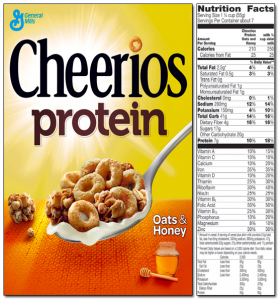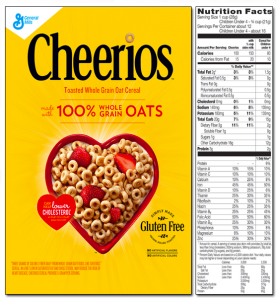I”m feeling wonky this morning and can’t resist commenting on Senator Ted Cruz’s remarks about the US sugar program.
According to BuzzFeed,
while railing against “corporate welfare,” Cruz singled out subsidies for the sugar industry — a policy Rubio has consistently, and controversially, supported despite objections by free-market critics.
“Sugar farmers farm under roughly 0.2% of the farmland in America, and yet they give 40% of the lobbying money,” Cruz said in the debate. “That sort of corporate welfare is why we’re bankrupting our kids, and grandkids.”
Chase Purdy of Politico quoted Cruz as saying “I would end those subsidies to pay for defending this nation.”
Only that’s not how the sugar program works. Subsidies for U.S. sugar producers are provided by consumers, through artificially high prices, rather than by the government. Rather than direct subsidies, the sugar program involves limiting import and supporting prices, leading to U.S. sugar prices that are higher than sugar on the global market.
Politico also investigated “40% of the lobbying money.”
Forty percent of what? It’s not clear. But it’s hard to imagine any way to get there. Total spending on lobbying was $3.24 billion last year, according to data compiled by the Center for Responsive Politics. Agribusiness spent $127.5 million, or about 4 percent. The sugar cane and sugar beets industry? $9.6 million, or 0.3 percent.
I love writing about our arcane sugar policies, which do indeed involve quotas and tariffs, but not subsidies. The USDA explains sugar policies on its website. The important ones:
Sugarcane growers have their own explanation of how the system protects them.
And because politics makes strange bedfellows, the Heritage Foundation’s explains how US sugar policies gouge US consumers, costing us more money than sugar consumers anywhere else.
From a public health standpoint, higher prices for cane and beet sugar aren’t all that bad if they encourage people to consume less.
But on a per person basis, the increased cost isn’t all that much: on the order of $10 per capita per year.
This explains the lack of public opposition to the policies. They are hard to notice at the grocery store.
It also explains why food companies prefer using high fructose corn syrup. It’s cheaper. Corn production, after all, does get subsidies for crop insurance. But then, we use corn to make ethanol.
Aren’t ag policies fun? No wonder candidates don’t understand them.







